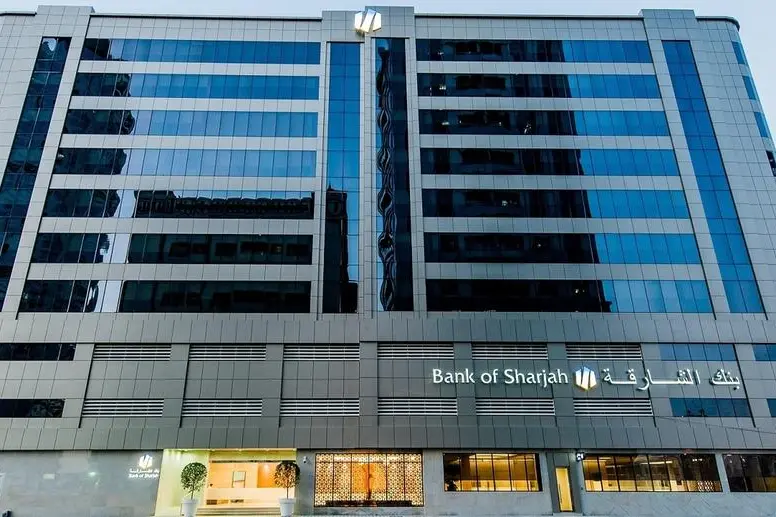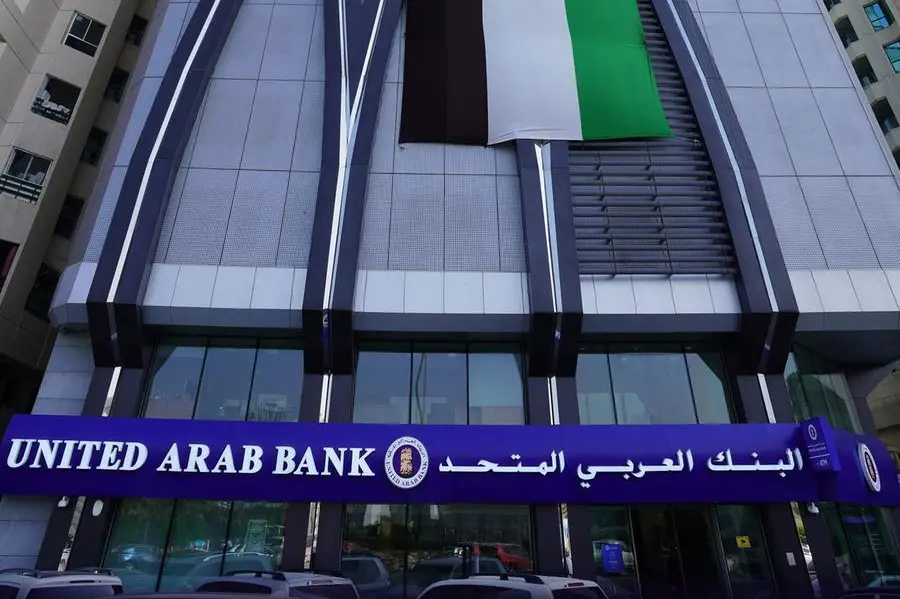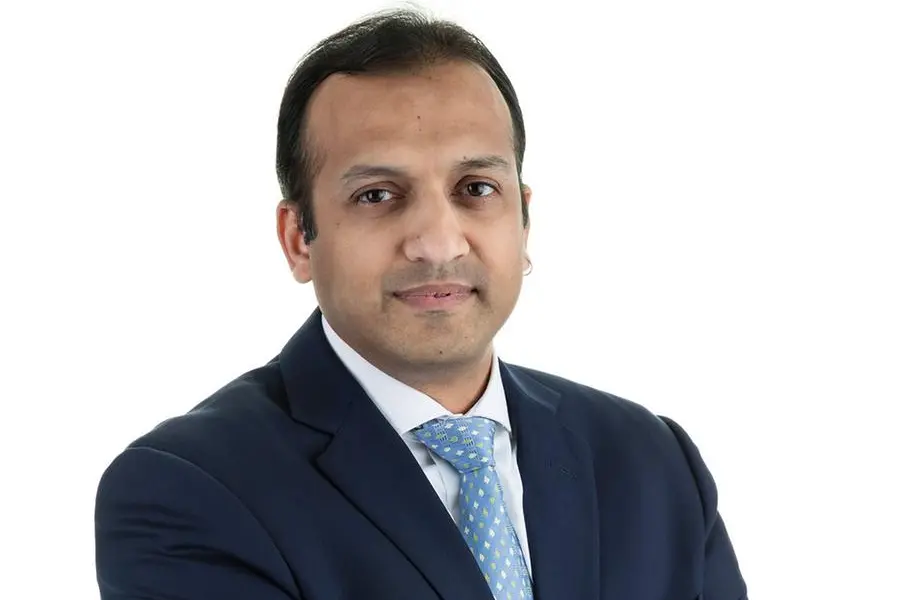Investing in the New-Energy Economy
The transition from fossil fuels to renewable energy—a core theme in values-based portfolios for almost two decades—has been catapulted from a niche investment theme to the mainstream thanks to the passage of the most significant climate action legislation on record.
The Inflation Reduction Act (IRA), passed in August, is a profound inflection point in the evolution of climate policy that puts U.S. muscle behind the global push toward carbon-reduction goals. The bill, which dedicates $369 billion to climate provisions, is likely to elevate investor confidence in the clean-energy theme and open the door to new investment opportunities.
“The IRA will provide a huge boost to companies and projects, both proven and emerging, that enable decarbonisation at scale,” says Justina Lai, chief impact officer at Wetherby Asset Management in San Francisco. “It provides much more policy certainty to companies and funds already investing in the energy transition and incentivises laggards to catch up.”
The new legislation requires all emissions-producing sectors, such as transportation, agriculture, construction, and utilities, to reduce greenhouse gases, and provides a host of tax incentives to companies and individuals to make environmentally friendly choices, such as buying an electric vehicle and installing solar panels.
Lai expects more innovation in renewable energy, energy efficiency, electric vehicles, and batteries, along with nascent technologies in areas such as green hydrogen, direct air capture, carbon capture and storage, energy storage, and sustainable fuels.
A goal to have net-zero carbon emissions by 2050—an agreed-upon target by many nations and the global scientific community—isn’t just a technology investment story. The carbon-reduction theme is intersecting with agriculture, construction, transportation, finance, and other industries.
In Kent, England, InspiraFarms creates modular cold rooms and packing-houses for agricultural use to reduce reliance on diesel generators and reduce food waste. Berlin-based Betteries upcycles electric-vehicle batteries and incorporates them in clean-power systems. In Lexington, Ky., Rubicon has developed software to help waste-management companies, businesses, and municipalities reduce carbon emissions.
“This is about investing across the entire value chain of this transition,” says Ian Schaeffer, global market strategist at J.P. Morgan Private Bank.
While a major area of innovation is in slowing climate change, another is in addressing the needs of communities already struggling with the impact of rising global temperatures.
Source Global, a Scottsdale, Ariz., start-up, creates new solar-powered technology that extracts water vapour out of the air to make drinking water, eliminating the need for fossil-fuel-dependent methods for delivering drinking water to communities whose water supply is drying up due to climate changes.
“The beauty of the Inflation Reduction Act is that it opens the door to climate adaptation in underserved communities. That creates massive opportunity,” says Cody Friesen, Source’s founder and CEO.
J.P. Morgan’s Schaeffer says investors should be looking toward the primary enablers of the transition to clean energy, and points to two important themes: green buildings and semiconductors.
“Buildings account for a staggering amount of carbon emissions,” he says. “We think there’s opportunity in sustainable construction materials, efficient air systems, incorporating smart systems, and digital infrastructure.”
Semiconductors are essential to modern technology and will play a big role in the transition of the automotive industry from internal combustion engines to electric vehicles, Schaeffer says. “This will require more powerful and efficient semiconductors. The demand for these will skyrocket in coming years.”
Opportunities are global in scope, and suited for long-term investors, he says. “This transition will be a long and bumpy but ultimately inevitable process likely to take us through the middle half of this century.”
 Copyright 2020, Dow Jones & Company, Inc. All Rights Reserved Worldwide. LEARN MORE
Copyright 2020, Dow Jones & Company, Inc. All Rights Reserved Worldwide. LEARN MORE
Chris Dixon, a partner who led the charge, says he has a ‘very long-term horizon’
Americans now think they need at least $1.25 million for retirement, a 20% increase from a year ago, according to a survey by Northwestern Mutual
Highlighting a significant recovery and robust growth across all key performance metrics.
Bank of Sharjah has released its results for the period ending 30 June 2024, showcasing robust performance and strong momentum since the beginning of the year. The Bank reported a net profit of AED 171 million, a significant turnaround from the AED 144 million loss in the same period last year.
This remarkable improvement is attributed to a substantial increase in net interest income, stringent credit underwriting, and reduced operating costs, marking a 233% increase over the previous year when excluding the one-time impairment charge from de-linking its Lebanese subsidiary.
The Bank’s exceptional financial results highlight the effectiveness of its strategic focus on sustainable growth, with notable improvements across all major performance metrics. Funded and unfunded income both saw increases, with net interest income rising by 108% and operating income growing by 34%.
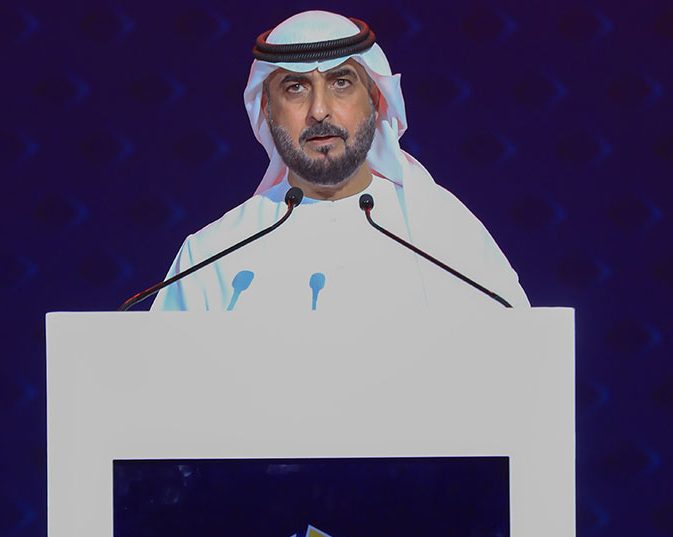
Additionally, the cost-to-income ratio improved significantly to 40.1% due to cost discipline measures. The balance sheet remains strong with a loans-to-deposits ratio of 86.63%, indicating comfortable liquidity. The Bank also maintains strong capitalization, with a regulatory capital adequacy ratio exceeding 15% and Tier 1 and CET1 capital ratios around 14%. These positive results underscore the Bank’s underlying strength, operational efficiency, prudent risk management, and ongoing enhancement of shareholder value.
Commenting on the Bank’s results, Sheikh Mohammed bin Saud Al Qasimi, Chairman of Bank of Sharjah, stated: “We are pleased with our outstanding performance in the first half of 2024, which reflects our commitment to adding value to our customers, supporting our communities, and rewarding our shareholders. Despite the challenging geopolitical situation in the region, the UAE economy has remained resilient and continues to register healthy growth following various economic diversification initiatives that provide consistent impetus for trade, investment, and wealth creation. Bank of Sharjah has entered a new chapter with a new leadership team, focused on building new business streams, expanding our reach across the UAE and the region, and delivering exceptional service to our customers.”
He added: “Our performance in the first half of the year demonstrates the effectiveness of our new strategy, and we look forward to delivering continued growth in the years to come.”
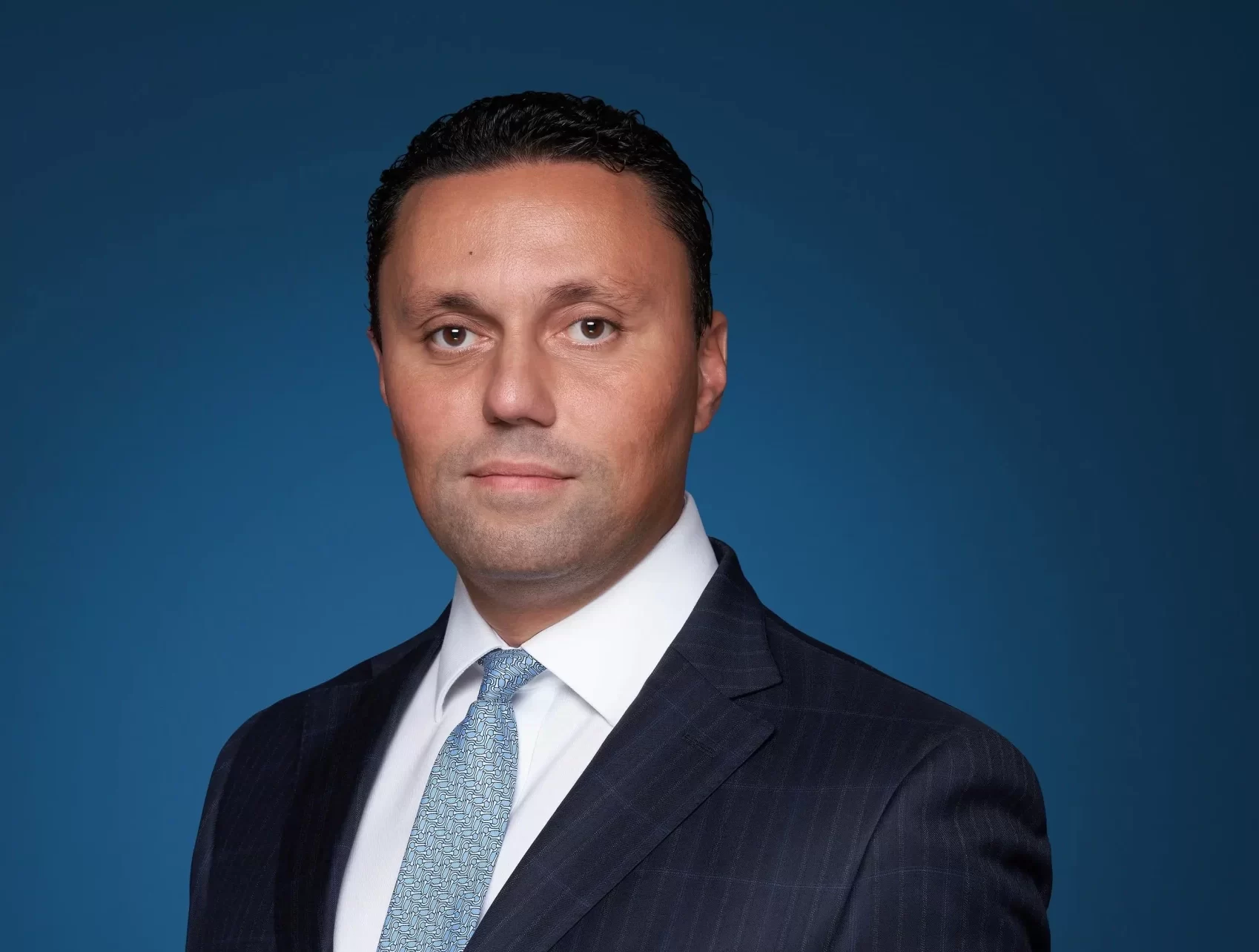
The CEO, Mr. Mohamed Khadiri, commented “2024 has begun exceptionally well for Bank of Sharjah, with the bank achieving a record year-on-year profit. I am delighted with our stellar performance as we continue to strengthen the bank’s fundamentals. Our outstanding results reaffirm that our new business strategy is on track to deliver sustainable revenue growth, driven by business expansion, operational efficiency, prudent risk management, and talent development. This achievement is also a testament to the Bank’s success in providing high-quality financial services that meet the aspirations and growing needs of our customers.”
He further added: “Bank of Sharjah is a strong and respected brand within the local community. We are leveraging our core strengths to build a platform that will operate at its full potential across the UAE and the region. The Bank remains focused on executing our strategy and is well-positioned to maintain strong performance throughout 2024 and beyond.”
Chris Dixon, a partner who led the charge, says he has a ‘very long-term horizon’
Americans now think they need at least $1.25 million for retirement, a 20% increase from a year ago, according to a survey by Northwestern Mutual
















